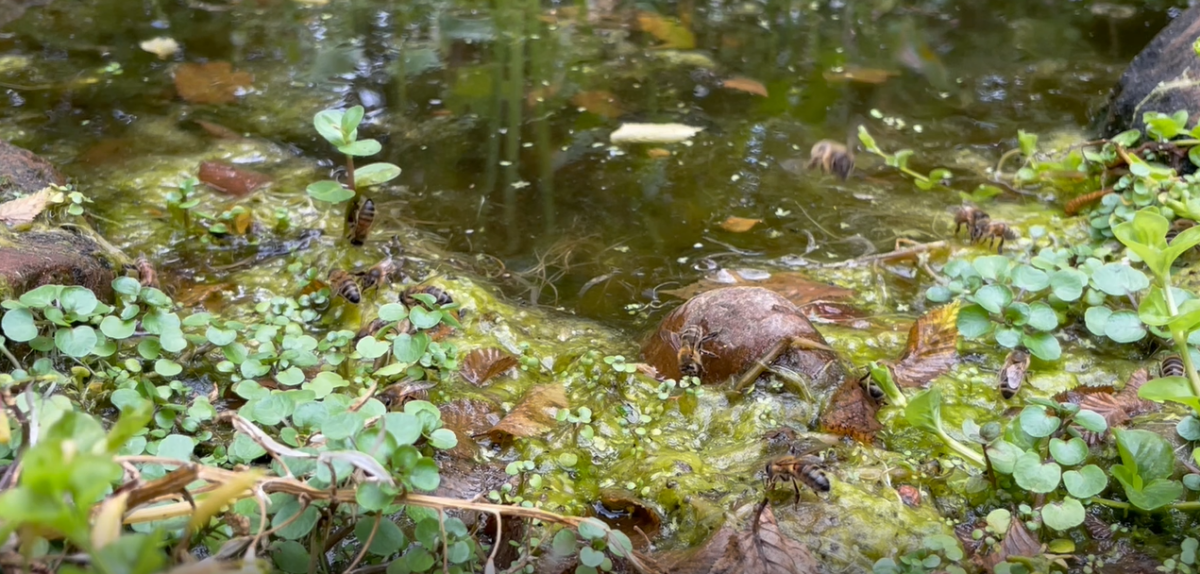Take five small steps to give nature a voice this Organic September.

If we all adopt organic gardening practices in our gardens, we can make an impact on the environment and preserve and attract insect life. If we also grow our own organic food, we can save on food miles travelled and protect ourselves and the land from harmful pesticides.
Five steps to a wildlife haven at home
1. Make a bug hotel - our hanging basket hotel is a great space-saving idea
2. Grow your own organic microgreens
3. Make a wormery - it's easier than you think! Our worksheet will show you how.
4. Bring water into your garden - from a small saucer to a pond or bog garden, water provides hydration and habitat for a wealth of creatures..
5. Save your own seeds - it's easy, sustainable and you'll get plants for free, what's not to love!
During Organic September we'll be attending a host of events across the UK to share our organic growing and composting advice. You can also join us at our organic demonstration garden nr Coventry for one of our tours or workshops. If life is a little busy you can also join us for an online talk or webinar. You'll find a full list of events here.
Follow Garden Organic throughout Organic September via @GardenOrganicUK
Organic September
Organic September is an initiative led by the Organic Trade Board,
designed to increase people’s awareness of organic methods' benefits to
nature. Organic growers and food producers work alongside nature,
recognising the importance of our natural ecosystems to support the
planet’s fragile state.
The theme of this year’s Organic
September is ‘nature has the answer’. Please play your part and put
insects and organic growing at the top of your agenda this September.
In support of Organic September, we're challenging you to take 5 small steps to make your garden a welcoming haven for wildlife and to adopt organic growing methods to help protect our planet now and in the future.
With a huge decline in insects in the UK and across the world we need to join together to protect the UK's insect population.
Insect species such as butterflies, moths, ladybirds, dragonflies, and bumblebees all need our help as they play a vital role in our ecosystems, impacting every aspect of society and life.
Whether you have a small balcony, garden or allotment we can all play a part in supporting our backyard biodiversity with the following 5 simple projects. They're fun for the whole family too!
Gardens in Great Britain are a significant resource. In total, they cover an area of around 520,000 hectares so we can all make a huge impact.
says Bruce Pearce, Director of Horticultural Science at Garden Organic.